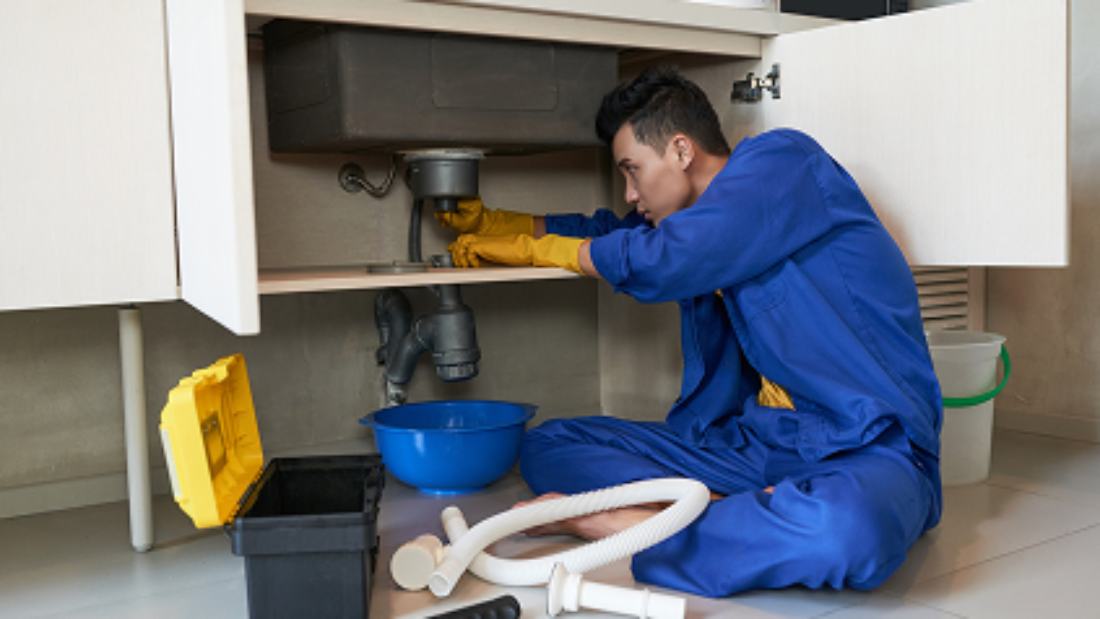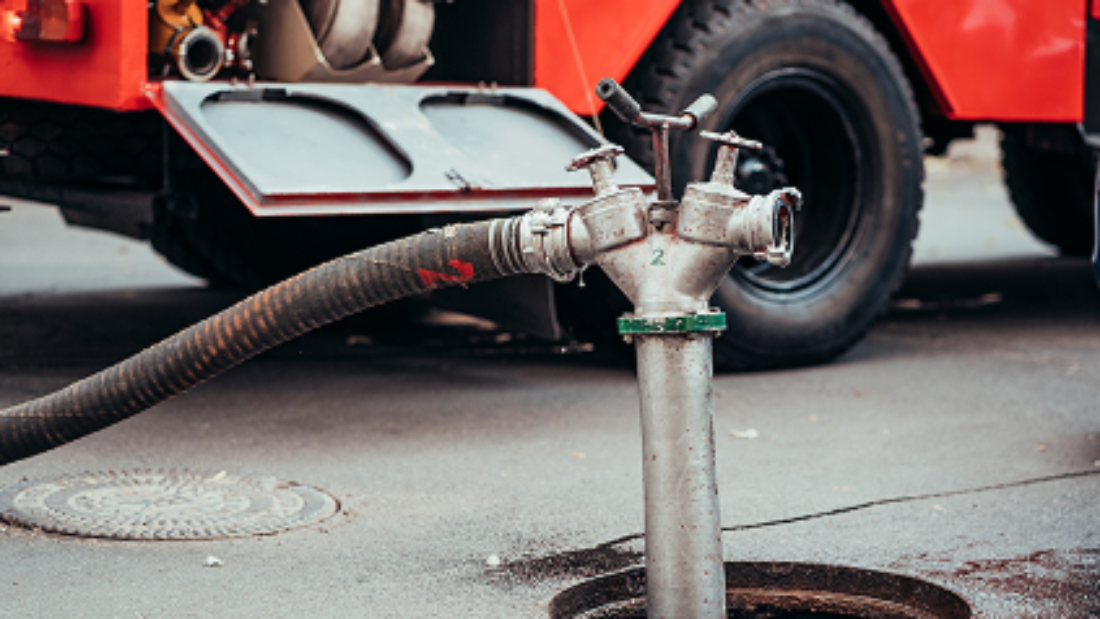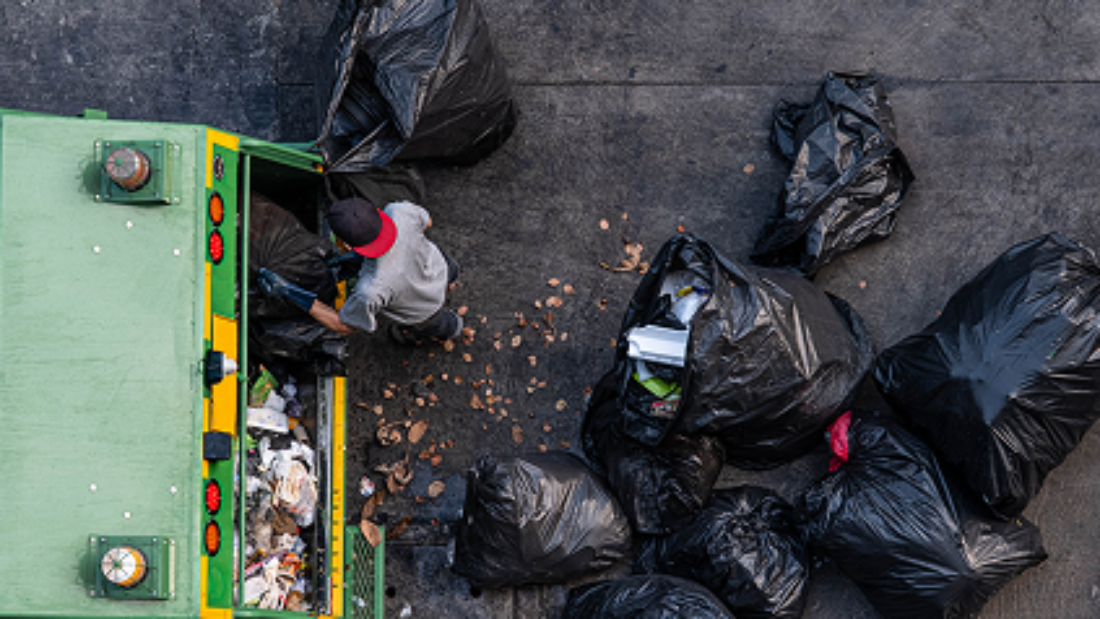Introduction
Grease trap cleaning is a crucial requirement for all commercial kitchens in Dubai to ensure compliance with the Dubai Municipality regulations. These regulations mandate regular maintenance of grease traps to prevent blockages, foul odors, and environmental hazards. Fats, oils, and grease (FOG) accumulation can lead to severe plumbing issues, making it essential for food establishments to follow a strict cleaning schedule.
What is a Grease Trap?
A grease trap is a plumbing device designed to intercept grease and solid waste before they enter the wastewater system. It functions by slowing down the water flow, allowing fats and oils to float to the top while solids settle at the bottom. The cleaned water then exits into the drainage system. In Dubai, regular maintenance is required by law to prevent grease from clogging drainage pipes and causing environmental contamination.
Importance of Regular Grease Trap Cleaning in Dubai
Dubai’s hot climate accelerates grease buildup, making regular cleaning even more critical. Neglecting grease trap maintenance can result in slow drainage, foul odors, and potential sewage backups. Additionally, poor maintenance can attract pests and bacteria, creating health risks for staff and customers. Compliance with Dubai Municipality regulations ensures a sanitary kitchen environment and smooth wastewater flow.
Preventing Plumbing Issues and Legal Consequences
When grease solidifies, it creates blockages that can cause severe plumbing damage, requiring expensive repairs. Dubai Municipality imposes strict penalties on businesses that fail to maintain their grease traps, including hefty fines and potential closure. Regular cleaning prevents plumbing failures and ensures uninterrupted kitchen operations.
Compliance with Dubai Municipality Regulations
The Dubai Municipality mandates that all food establishments install and maintain grease traps. Businesses must:
- Clean grease traps regularly to prevent excessive grease buildup.
- Maintain cleaning records as proof of compliance.
- Dispose of grease waste through authorized waste management companies.
Failure to comply with these regulations can result in fines and operational disruptions. Engaging a professional grease trap cleaning service ensures adherence to legal requirements and environmental safety.
How Often Should Grease Traps Be Cleaned?
The cleaning frequency depends on kitchen activity levels. According to Dubai Municipality guidelines:
- High-volume restaurants should clean their grease traps every one to two weeks.
- Medium-volume kitchens should schedule maintenance at least once a month.
- Small food outlets may require cleaning every two to three months.
Routine inspections help determine the optimal cleaning schedule, preventing potential issues before they arise.
DIY vs. Professional Grease Trap Cleaning
While some businesses attempt DIY cleaning, professional grease trap cleaning services in Dubai offer a more thorough approach. Licensed professionals use specialized equipment and eco-friendly waste disposal methods to remove accumulated grease effectively. Additionally, they ensure compliance with Dubai Municipality regulations and provide the necessary documentation for inspection purposes.
For those opting for in-house maintenance, the basic steps include:
- Carefully removing the trap lid.
- Scooping out the accumulated grease and solid waste.
- Scrubbing the trap with hot water and an approved degreasing cleaner.
- Inspecting for any damage before reassembling the trap.
However, professional services ensure thorough cleaning, reducing the risk of improper waste disposal and legal issues.
Choosing a Reliable Grease Trap Cleaning Service in Dubai
Selecting a reputable grease trap cleaning service is essential for maintaining hygiene and compliance. Businesses should look for service providers with:
- Dubai Municipality certification and approval.
- Experience in handling grease trap cleaning and waste disposal.
- Eco-friendly waste management practices.
- Positive customer reviews and a track record of compliance.
Partnering with a reliable service provider guarantees compliance, reduces maintenance issues, and ensures uninterrupted kitchen operations.
Conclusion
Grease trap cleaning is a vital aspect of commercial kitchen maintenance in Dubai. Regular cleaning prevents blockages, foul odors, plumbing issues, and ensures compliance with Dubai Municipality regulations. Whether through professional services or DIY efforts, maintaining a grease trap is essential for a clean and efficient kitchen. By prioritizing regular maintenance, businesses can avoid costly fines, enhance their reputation, and contribute to a healthier environment.




